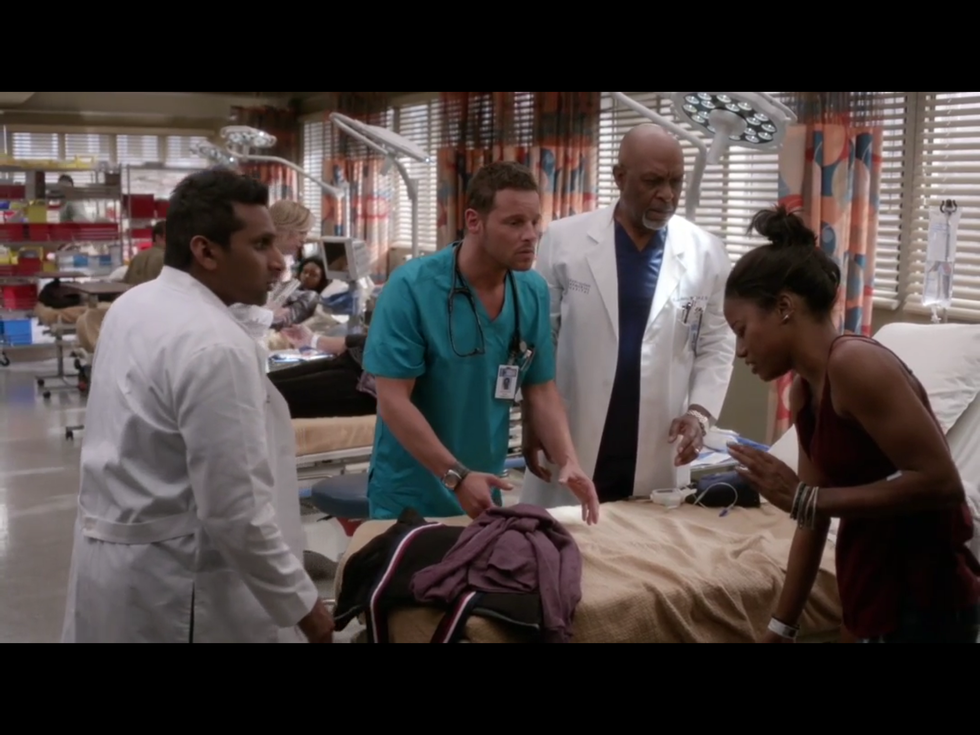"EDS is feeling 'insane' for years because people tell you there is nothing physically wrong when you know there is." -Sarah Elizabeth Erwin Bloom, "The Mighty."
"EDS is the hypochondriac's disease - always being questioned about whether or not you're really in pain, or if everything wrong with you is really connected or not." -Sage Schultz, "The Mighty."
I am so happy to watch a show (and be slightly obsessed with it) that shined a light on a disease that is highly misdiagnosed in the medical field. On Thursday's (October 13th) episode of "Grey's Anatomy," Dr. Alex Karev (Justin Chambers) correctly diagnoses a patient with Ehlers-Danlos Syndrome; she was previously thought to be an alcoholic. I am giving a huge "congratulations" and "thank you" to "Grey's Anatomy" for not only bringing awareness to EDS, but also correctly describing it and showing how hard it can be to get a diagnosis. I also love that Dr. Karev and Dr. Webber assured the girl that the pain is real and that it was not in her head.
Ehlers-Danlos Syndrome is a group of inherited disorders that affect your connective tissue. It primarily affects your skin, joints, and blood vessel walls because of the lack of collagen in one's body. There are six types of EDS. Each type has their distinct and unique features. However, some of the more common "symptoms" for each type includes the following: hypermobile joints, dislocation/subluxation of joints, stretchy skin, "velvet" soft skin, easy bruising and chronic musculoskeletal pain.
I am so proud to watch a show that listened to a girl's story and shared it. Some people suffer from Ehlers-Danlos Syndrome for years, not knowing what's wrong with them. This can happen for a number of reasons. I, on the other hand, happened to be surrounded by wonderful hospitals and doctors, and got the proper diagnosis as soon as I could.
Thank you, Grey's Anatomy, for showing people the struggle people with EDS go through everyday. You have shined a bright light on an illness that has so little known about it, but is becoming so common. If you don't know about Ehlers-Danlos Syndrome, I encourage you to learn about it. It's not as rare as we think.






















